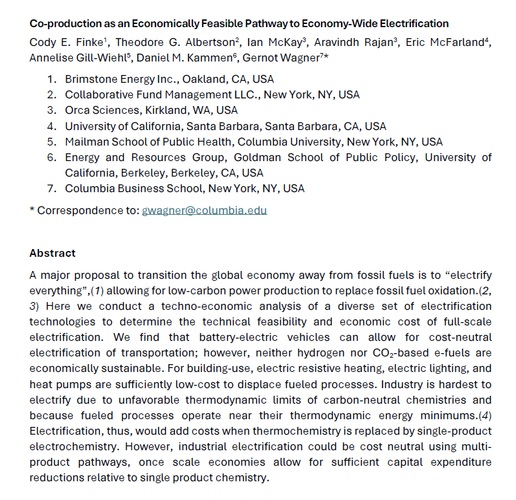‘Doomsday’ Antarctic Glacier Melting Faster Than Expected, Fueling Calls for Geoengineering
by Jenna Travers
Glacial geoengineering interventions like these could be extremely useful if implemented correctly, according to Gernot Wagner, a climate economist in the Columbia Climate School. In an interview with GlacierHub, Wagner said, “for some polar tipping points like Arctic sea ice and the WAIS, glacial geoengineering seems to be the only way for us to more or less guarantee that we can address these tipping points.”
However, many of these ideas have faced opposition from glaciologists and climate scientists who claim that they would be difficult or impossible to achieve and draw focus away from the more necessary conversation of reducing carbon emissions. By relying too much on strategies like geoengineering, these scientists argue we may fail to act to curb emissions.
Wagner takes a nuanced approach. His initial reaction to the idea of installing curtains was “that it seems crazy. Geoengineering options like these curtains could detract from the need to cut emissions.” On the flipside, he said, “you can use it as a push to say, ‘wait, if serious people are talking about [using curtains] as a solution, maybe we should be taking it more seriously and cutting emissions much more.’”
As we creep closer to climate tipping points like the melting of the Thwaites Glacier, many believe geoengineering has the potential to be a powerful tool so long as it is not treated as a silver bullet. As Wagner stated, “When we talk about glacial geoengineering, we need to tell the truth, which is that it’s not a solution to climate change—at best, it’s a painkiller. It allows us to get out of bed and do what is necessary to address the underlying illness while taking the edge off the worst of the pain. [But] geoengineering doesn’t solve anything, so we need to use the time it gives us to address emissions.”

